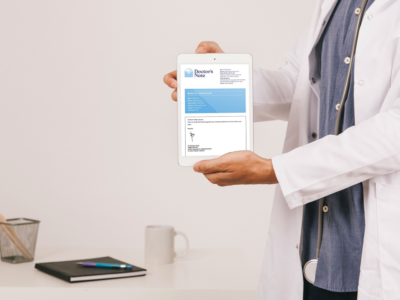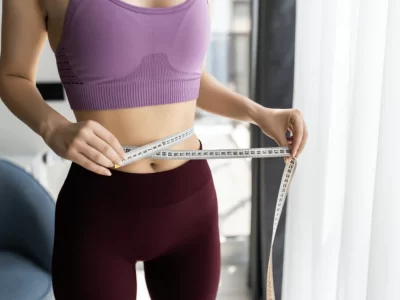If you are a glasses wearer and have never worn contacts, you might wonder what it would be like to leave behind smudged lenses, bent frames, or foggy vision when opening a dishwasher. And if you are new to lenses altogether, you might not know what options are available to you to improve your vision.
Consider becoming one of the 45 million contact wearers by reviewing this contact lenses list as you prepare for your next eye exam.
Read on and learn about the most common lens types for a safe and effective approach to vision care.
Soft Contact Lenses
One of the most common contacts for your eyes is soft contact lenses. These soft lenses use a gel-like plastic called hydrogels. Soft lenses are thin and flexible, created to form the shape of your eye.
With a couple of different options for soft lenses, this type of contact tends to be more comfortable for the wearer.
The two primary soft contact types are monthly or daily lenses.
Monthly Contacts
Monthly lenses tend to be thicker and more durable lenses since they need to last for a month. These lenses contain hydrogel that allows more oxygen to your eyes, which increases comfort for the contact wearer.
Monthly lenses will need to be taken out and cleaned each night to prevent infection or protein build-up on your lenses. A two-sided storage container and contact solution keep monthly lenses from drying out.
Daily Contacts
For even greater comfort, you can try daily soft lenses. Daily lenses are disposable, and you wear a fresh pair each day.
Since these lenses last one day, they are even thinner than the monthly lenses making room for even more comfort for your eyes.
Hard Contact Lenses
For even sharper vision, you might consider hard contact lenses. These RGP (rigid gas-permeable) lenses are silicone-based. Because they do not contain water like soft lenses, they are more resistant to build-up.
Hard contacts can be used for two to three years, assuming your contact prescription stays the same. If you are looking for a more budget-friendly option, hard lenses might be a good choice for sharp vision and long-lasting durability.
Specialty Lenses
If you require lenses that address a more specific need, you will want to ask your doctor about other options. Schedule an eye exam and contact consultation by visiting https://www.spectaculareyewear.net/how-often-should-you-get-an-eye-exam/.
Conditions such as presbyopia may require single eye contacts where one contact is for near vision, and the other is for distance.
There are even contact lenses that are colored or special-effect lenses that change the color or look of your eyes.
Different Types of Contact Lenses for Your Best Vision
With many different types of contact lenses, you can work with your doctor during your exam and find the option for the clearest vision and the most comfort with your lenses.
Whether you are trying contacts for the first time or want to try a new brand, there are many options of contact lenses to find your best fit.
Head over to the Health tab to find tips and resources to improve your overall wellbeing. Stay your healthiest self and learn more ways to care for your body.












Comments